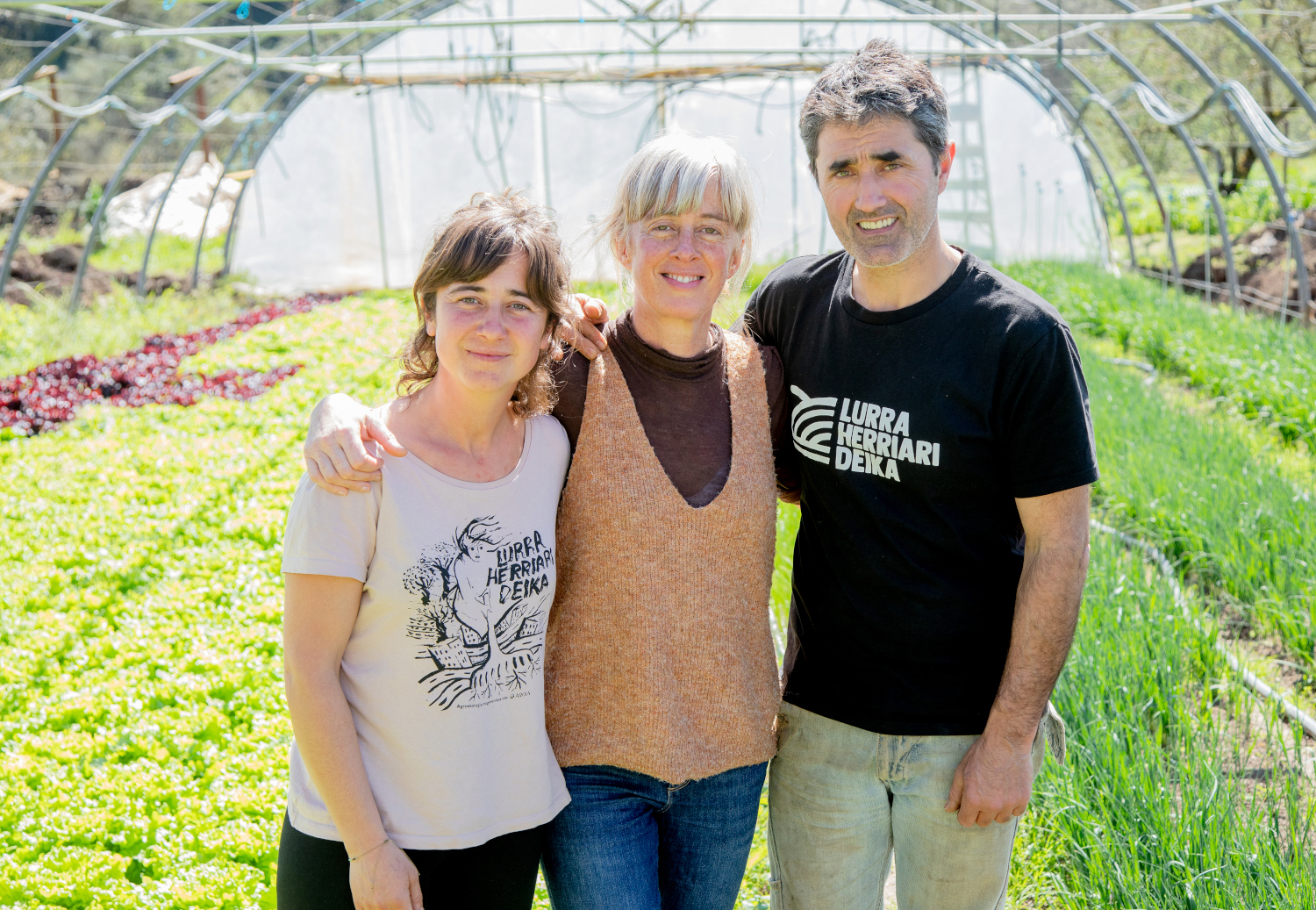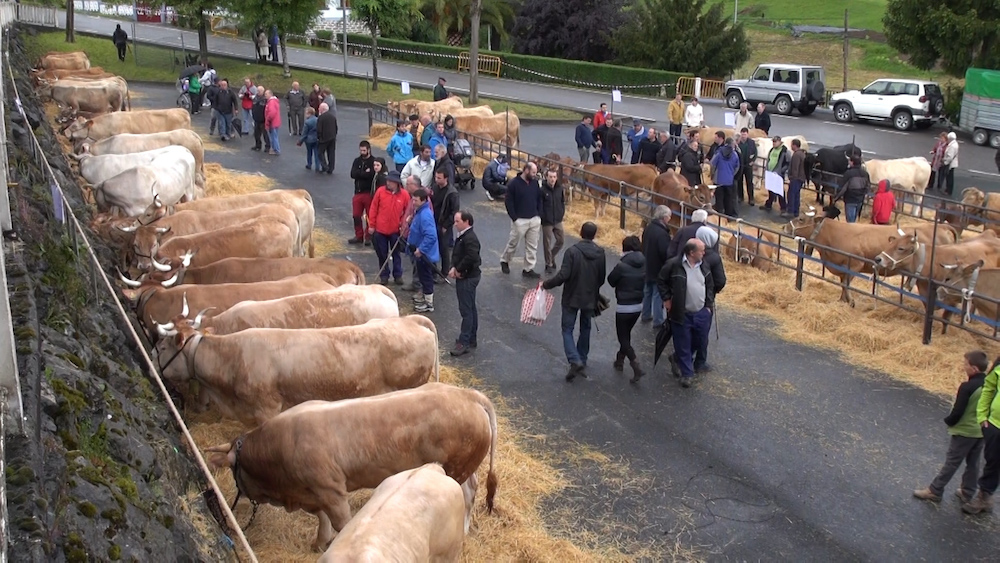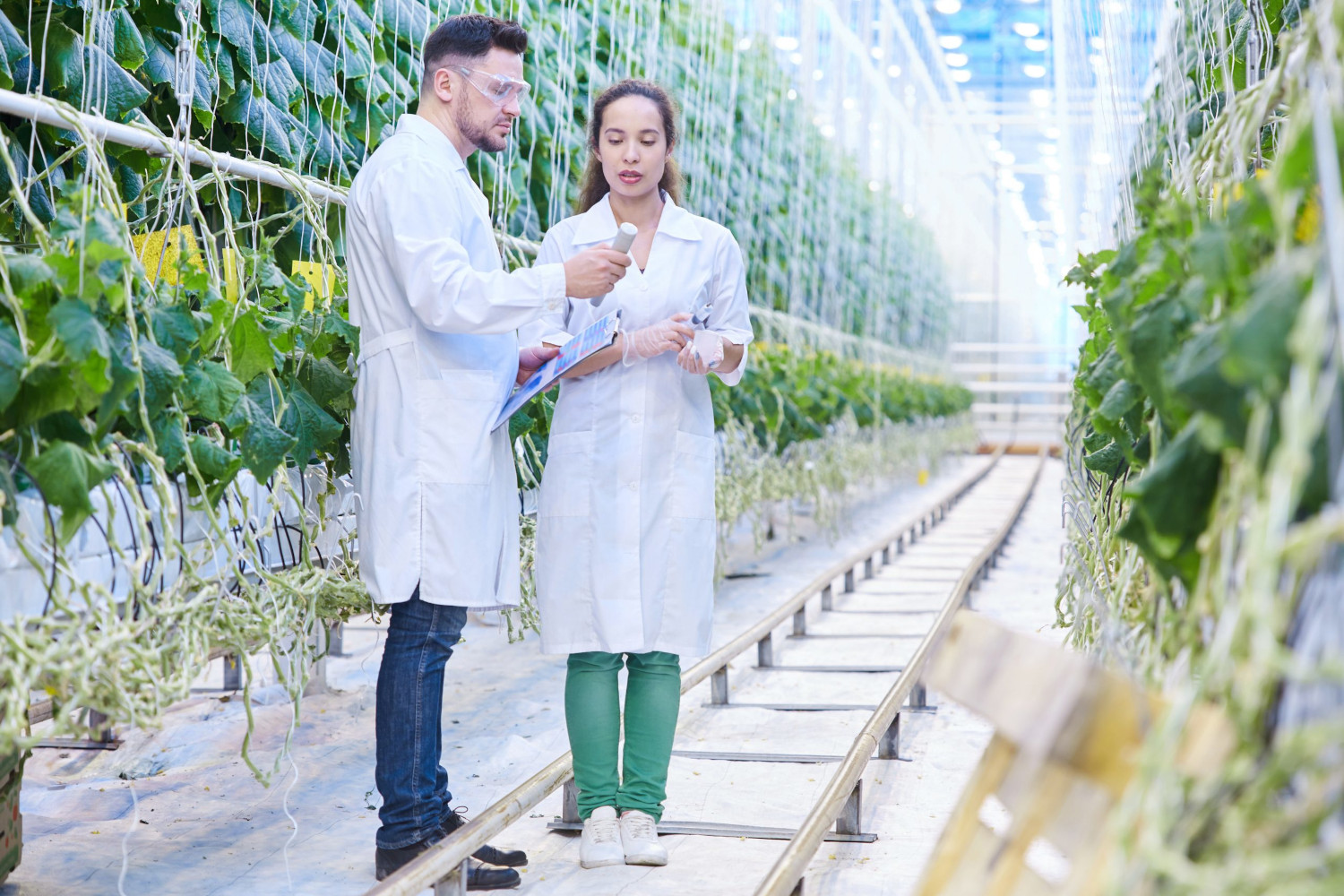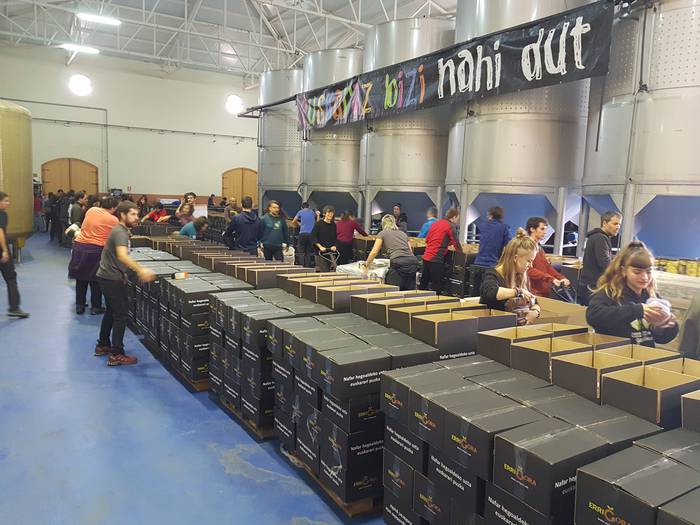"If we learn to eat with many rules, we may not notice the needs of the body"
- The psychopedagogue Mireia Centeno Gutiérrez has given some clues about the feeding of children, such as the consequences of forcing them to eat and banning food.
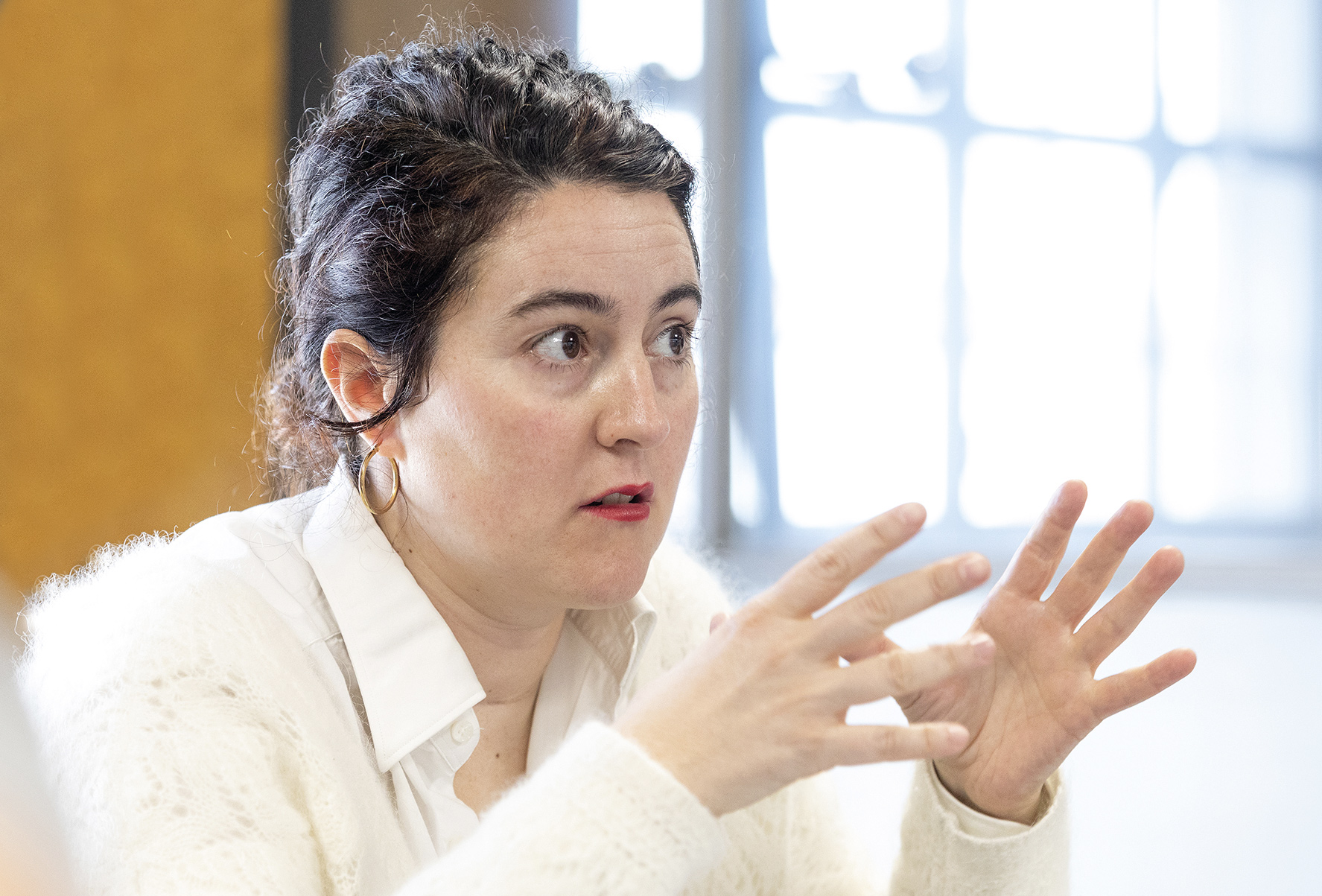
There can be many reasons why a child does not want to eat one thing or another, such as smell, taste, texture, and/or color. However, that doesn’t mean you won’t like it later. According to psychologist and psychopedagogue Mireia Centeno Gutiérrez, it is important to respect children’s rhythms and help them experiment with food.
When do children begin to be aware of what they eat?
I would say that after three years they have the ability to understand that there are foods and that some foods are more nutritionally interesting. However, it varies depending on the structure of the house. For example, in some homes they do not have structured meals, so this child will learn later that there are dinners and breakfasts. If, on the other hand, we are very rigid or strict with what we should and should not eat and we repeat this message a lot, even at two years they may know that they cannot eat certain things. If we are more flexible, they will be linked later by the messages they receive at school, abroad and elsewhere.
There is a tendency to classify foods. Can those who are more nutritionally interesting, such as broccoli, take the opposite direction?
Let's go a little bit from one end to the other. We used to eat too much processed food. Now, all of a sudden, we have a lot of information about these foods. It is good to know that some foods are more nutritionally interesting, but we must be vigilant. We may be accidentally eating with fear, and we want everything to be sugar-free and unprocessed. We all want to be physically healthy, but health is not just physical. For example, broccoli can be very healthy, but if it disgusts the child and we have to put cartoons to eat it, it is becoming unhealthy in another way.
Don’t just focus on nutrition?
When the mother gives the child a treat it’s not only sugar, it’s also love. Or when we eat sweets in large snacks, it’s not just sugar, it’s being happy. A pizza may not be the most nutritionally adequate, but if we eat it at home watching a movie, it takes on a different meaning.
What can be the effect of forcing them to eat what they don’t want?
The greatest impact is on the ability to perceive or experiment. The course of food is being perceived from the moment children are born. That is, texture, flavors and others. As children, they see what they like and what they don’t like. If children can experience it from an early age, they will perceive information about what they eat. On the other hand, if we force them, we do not respect their bodies, their time, their desires and the learning process. Maybe at nine months he doesn't want broccoli, but if we don't force him, maybe later we'll try and he likes it. It is true that it is not easy because as parents we have a lot of pressure on what they have to eat.
If we have fewer nutritionally less interesting foods at home, we will have to say no to the child less often.
What if it's banned?
If we tell them they can't eat something, they'll think it's bad. This is not easy at all. In the end, we live in a society where there are a lot of stimuli and we have a lot of food at our disposal. This leads us to ask for things we don’t need. We are often banned. However, instead of saying no, you could explain that it doesn’t happen today. Another way is to control the food we bring home. If we have fewer nutritionally less interesting foods, we will have to say no less often. Outside the house we will have to assume that they will probably eat more than we want.
How can children understand that they don’t touch?
Let’s say the child asks for chocolate, one possibility is to explain that today the body needs fruit more than chocolate, because yesterday it ate a lot of sugar. The child understands that the body needs other nutrients. We can also try to explain from time to time what is the moment when the body has some or other needs. If children learn to listen to the body, they will learn to eat consciously. If we learn to eat with many rules, we may not notice the needs of the body.
In the school canteen you have to eat everything to go out to the patio. Do you think these messages are changing?
I think most observers still use the punitive reward system. However, the dynamics and formations are changing. This system will have a negative impact on the relationship of the child with the dining room and the school. It’s also true that at home, maybe the parents will act differently and balance themselves. It is very difficult because many monitors are under a lot of pressure from work and from their parents. If a child does not want to eat on that day, nothing will happen. He'll go out with more appetite and ask for more merienda. We will give more importance to the Merienda. I always tell the diners that their job is not to be eaten by children, it is their job to take care of them and be with them. You can try to put less, encourage, but if you don’t want it to happen nothing.
How can messages received as children affect people’s relationship with food in adulthood?
There are a lot of factors. The fact that you have been forced to eat too much since you were a child can make you not perceive when you are satisfied and when you are not. In the end, if you have always been told that you have to finish the dish, even if you are not hungry, you will eat it. The fact that it has been banned too much can cause anxiety in adults to increase and eat as if it were the last time. We see this in children too. When they can’t eat at home, they eat in large snacks or in secret. Then there are other factors, such as aesthetics.
Florentzia, 1886. Carlo Collodi Le avventure de Pinocchio eleberri ezagunaren egileak zera idatzi zuen pizzari buruz: “Labean txigortutako ogi orea, gainean eskura dagoen edozer gauzaz egindako saltsa duena”. Pizza hark “zikinkeria konplexu tankera” zuela... [+]
Udaberrian orain dela egun gutxi sartu gara eta intxaurrondoa dut maisu. Lasai sentitzen dut, konfiantzaz, bere prozesuan, ziklo berria hasten. Plan eta ohitura berriak hartu ditut apirilean, sasoitu naiz, bizitzan proiektu berriei heltzeko konfiantzaz, indarrez, sormen eta... [+]
“Hondakinik ez platerean!”. Hori zen kontsigna gure txikitako otorduetan. Janariak zeozer sakratu bazukeen, batez ere ogiak; lurrera erori eta, jasotakoan, musua eman behar zitzaion. Harik eta adin zozoan mamia baztertzeko moda etorri zen arte, lodiarazten zuelakoan... [+]
Bizkaigane elkarteak elikadura burujabetzan oinarritutako proiektua du Errigoitin (Bizkaia), 1983tik. Instalazioak dauden lur eremutik aterarazi nahi du lur jabeak elkartea. EHNE Bizkaia sindikatuak adierazi duenez, instalazioek lege eta administrazio eskakizun guztiak betetzen... [+]
Martxoaren 10etik 26ra izango da udaberriko kanpaina. 'Beste modura, denona de onura' lelopean arituko dira gertuko ekoizpena, banaketa eta kontsumoa babestu eta sustatzeko, ager zonaldean euskara hauspotzen duten bitartean. Apirila amaieratik aurrera jasoko dira... [+]
Euskal Herriko bi muturretatik datoz Itziar (Bilbo, 1982) eta Ekaitz (Erriberri, 2002), sortzen ari den Burujabetzaren Aldeko Mugimenduaren berri ematera. Euskal Herrian diren burujabetza prozesu ugariak arloz arlo bultzatu eta indartu nahi ditu BAMek. Lan horretan hasteko,... [+]








